Why are we looking at plastic pollution in the Antarctic?
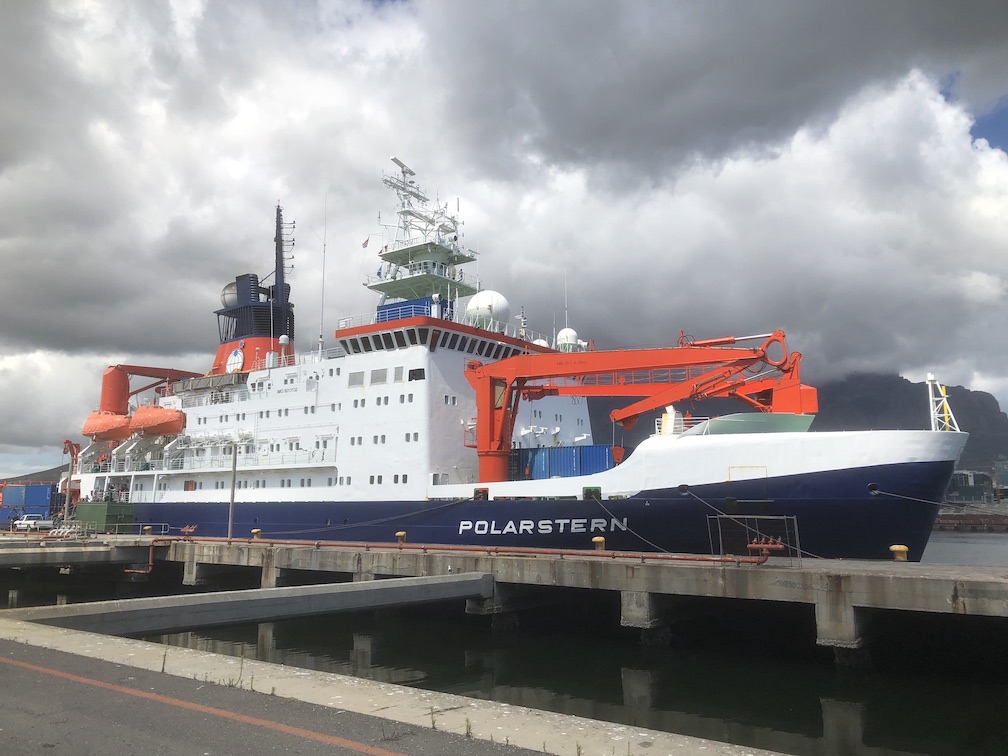
Plastic pollution has been detected wherever scientists have looked for it; from the depths of the ocean to the snow in the Alps, and from the North to the South Pole. But if plastic “is everywhere”, then why go to Antarctica to study this form of pollution?
In comparison with other regions, Antarctica and the Southern Ocean have been less impacted by humans and are therefore still relatively pristine. Plastic ingestion by Antarctic birds has nonetheless been reported since the early 80s, and microplastics in particular have been reported at least since 2009. In part, oceanic currents are thought to limit the distribution of marine plastic debris from other oceans, such as the Atlantic Ocean, into the Southern Ocean.
2MB field notes from Antarctica
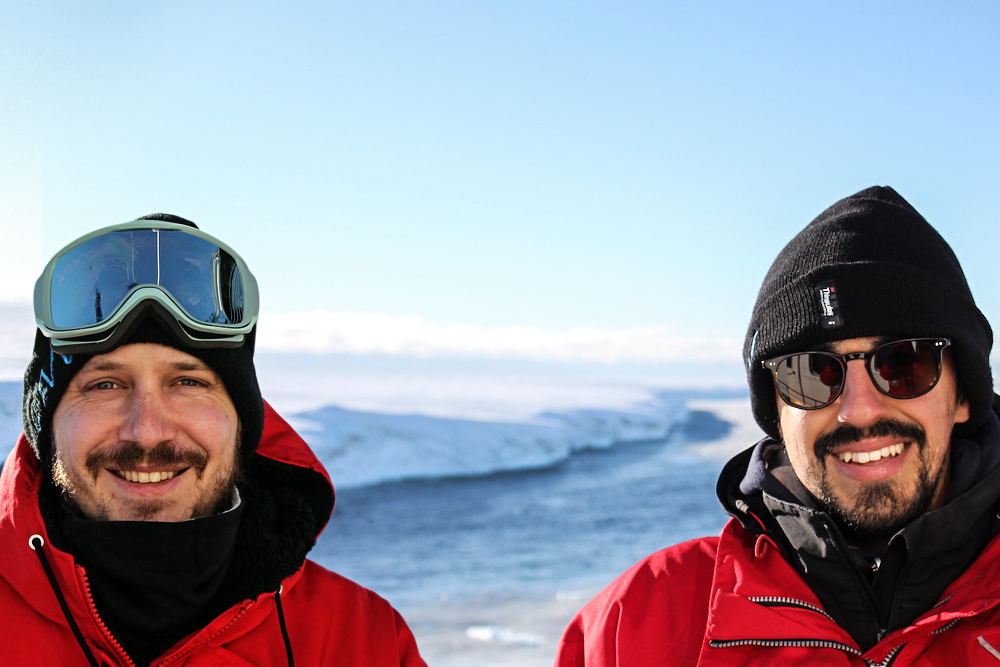
Just 2MB a day?! That’s the data limit for the authors of our polar blog. This spring, Gabriel Erni Cassola (right) and Kevin Leuenberger (left) from the University of Basel are on board the German icebreaker “Polarstern” in the Southern Ocean. The researchers want to find out how animals and bacteria in the Antarctic are affected by microplastics. In this blog series they give us insight into their work and life on board a polar expedition.
This means that we are interested in obtaining more detailed knowledge about the occurrence of microplastics – fragments of plastic less than 5 mm long – in surface waters of the Southern Ocean. We will be investigating what the concentrations are, and if they differ, depending on geographic location. The Polarstern icebreaker will thus approach Antarctica along the Greenwich Meridian, and then turn West to cross the Weddell Sea, before arriving at Punta Arenas in Chile.
When plastics are present in an environment, fish or other animals may be ingesting these synthetic particles. To estimate how prevalent this problem is, we will collect stomach and intestine samples of different fish species and look for microplastics. Finally, we are also interested in uncovering and studying the aquatic bacteria that colonise floating plastic, for example, to see whether they could degrade it.
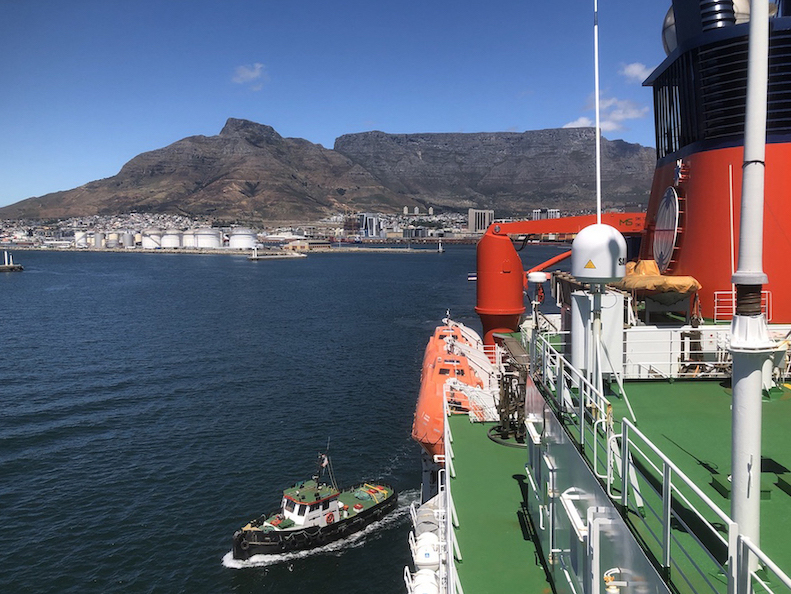
Several experts in plastic pollution are taking part in this research expedition. I, Gabriel, am a postdoctoral researcher, who has been studying plastic pollution since 2015. Kevin Leuenberger will be conducting research as part of his master’s thesis. We are both from the Man-Society-Environment research group at the Department of Environmental Sciences of the University of Basel, there are another 45 scientists from 11 countries on board.
After a strict ten-day quarantine to prevent Covid-19 cases during the expedition, we all boarded the RV Polarstern in Cape Town, South Africa, on March 3, 2022 and steamed southwards through the Weddell Sea to our first destination: the Neumayer Station III, the German Antarctic research station of the Alfred-Wegener-Institut, where we worked for the first two weeks.
In the meantime, you can follow the Polarstern ship on its trajectory and learn about other research projects hereExternal link.
Scroll down to read earlier entries from Gabriel and Kevin. To receive future editions of this blog in your inbox, sign up for our science newsletter by putting your e-mail address in the field below.
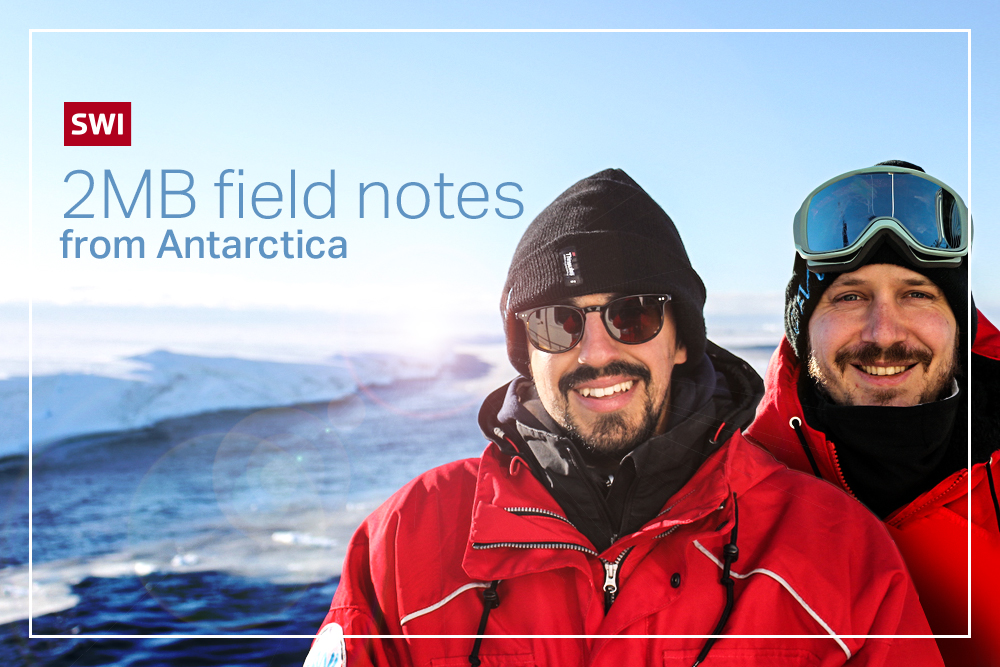
More
2MB field notes from Antarctica

In compliance with the JTI standards
More: SWI swissinfo.ch certified by the Journalism Trust Initiative
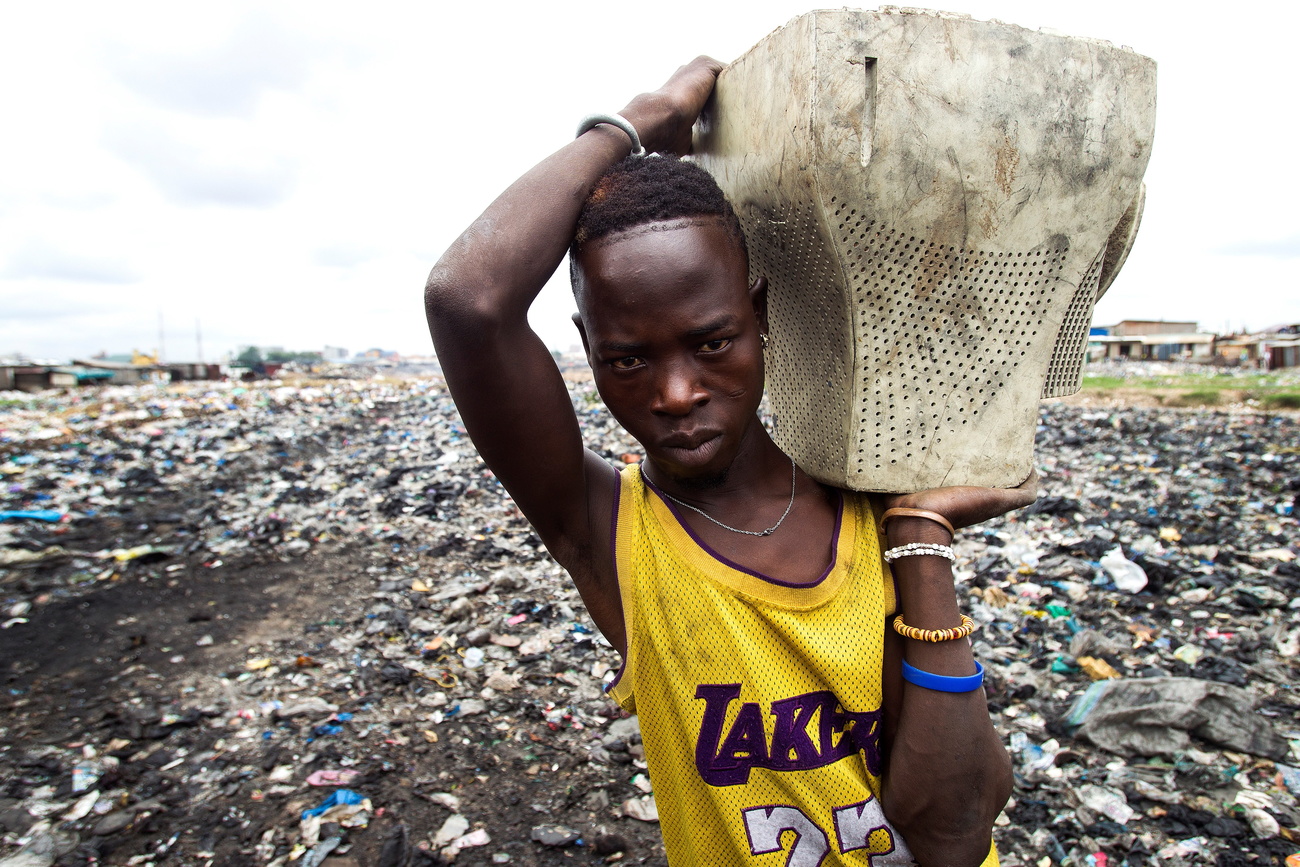
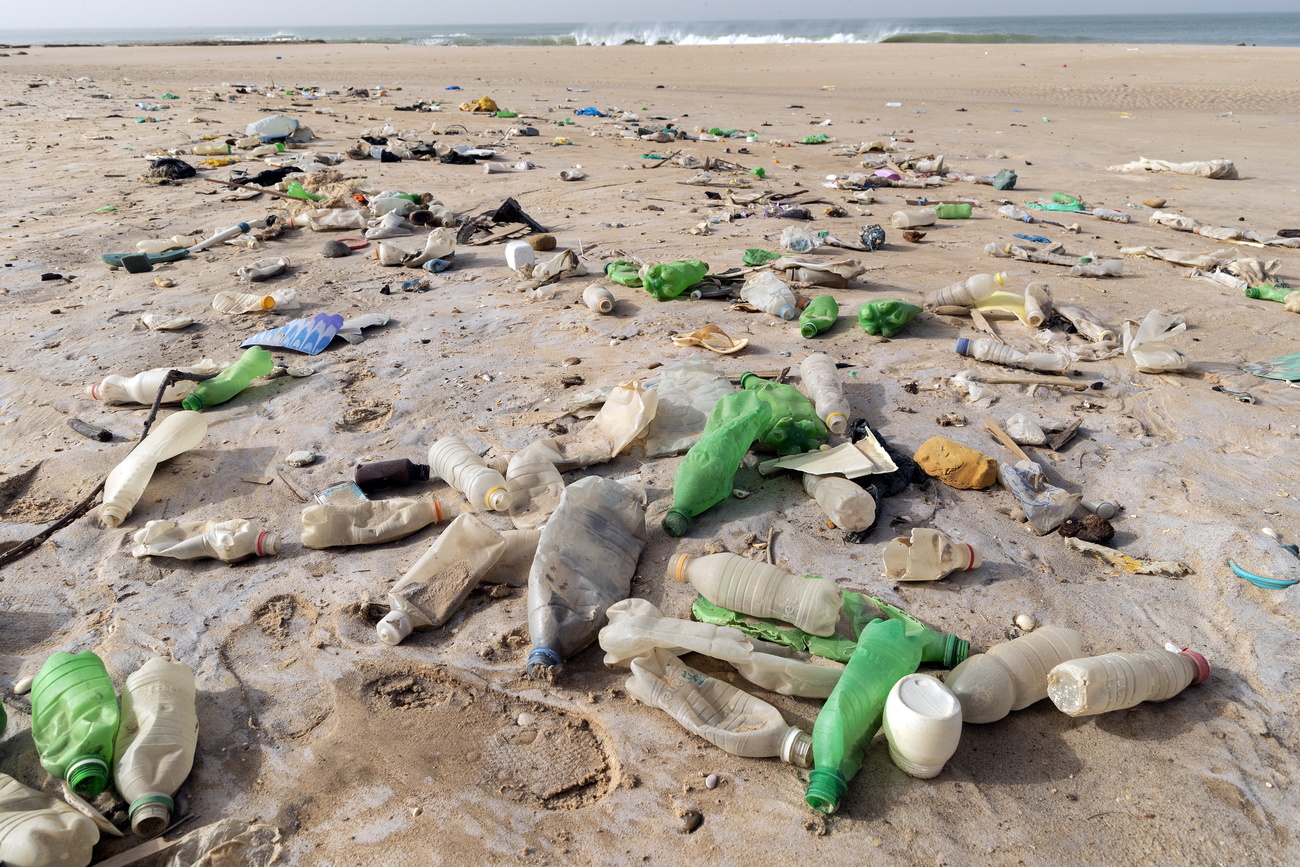
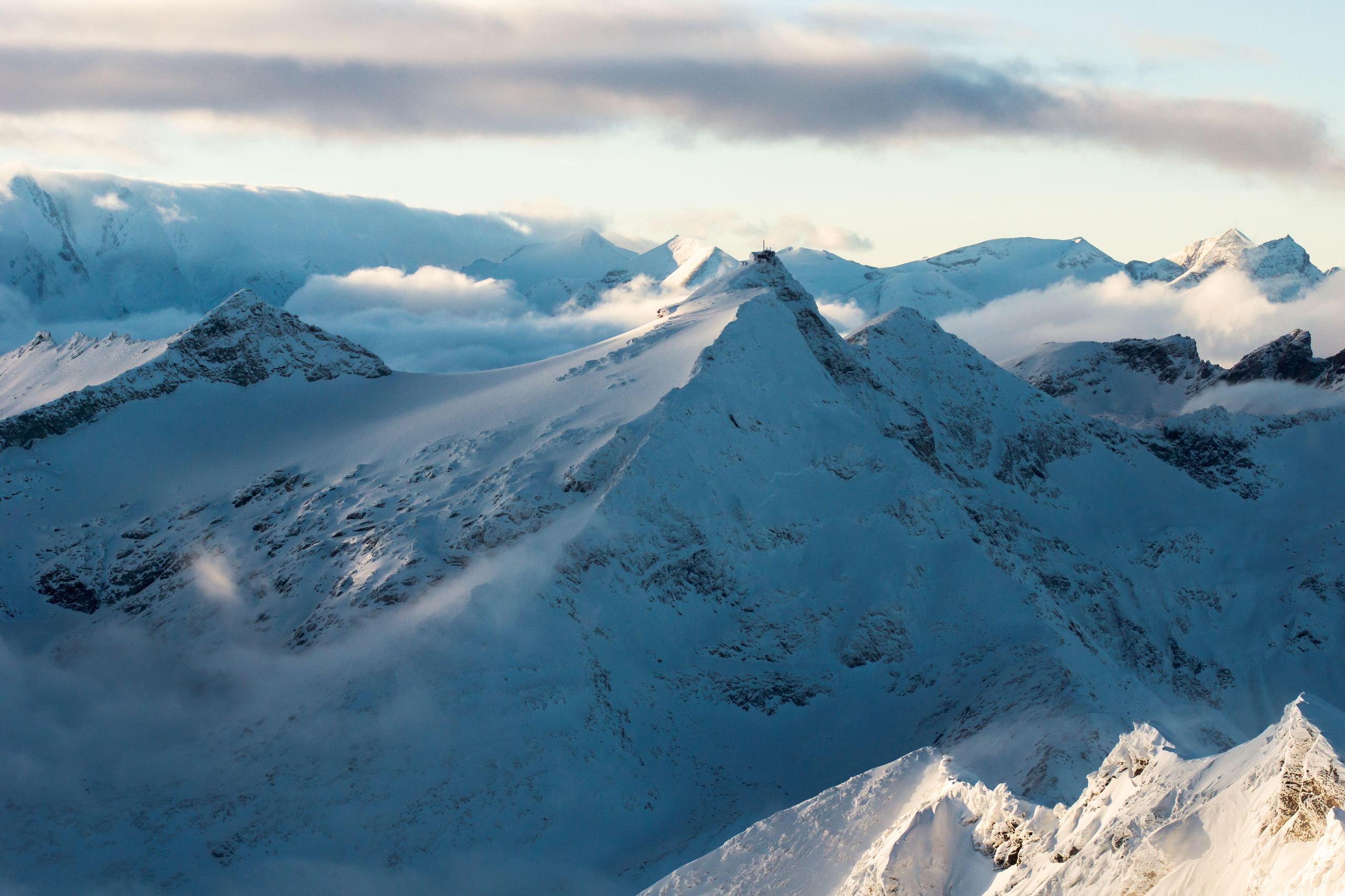
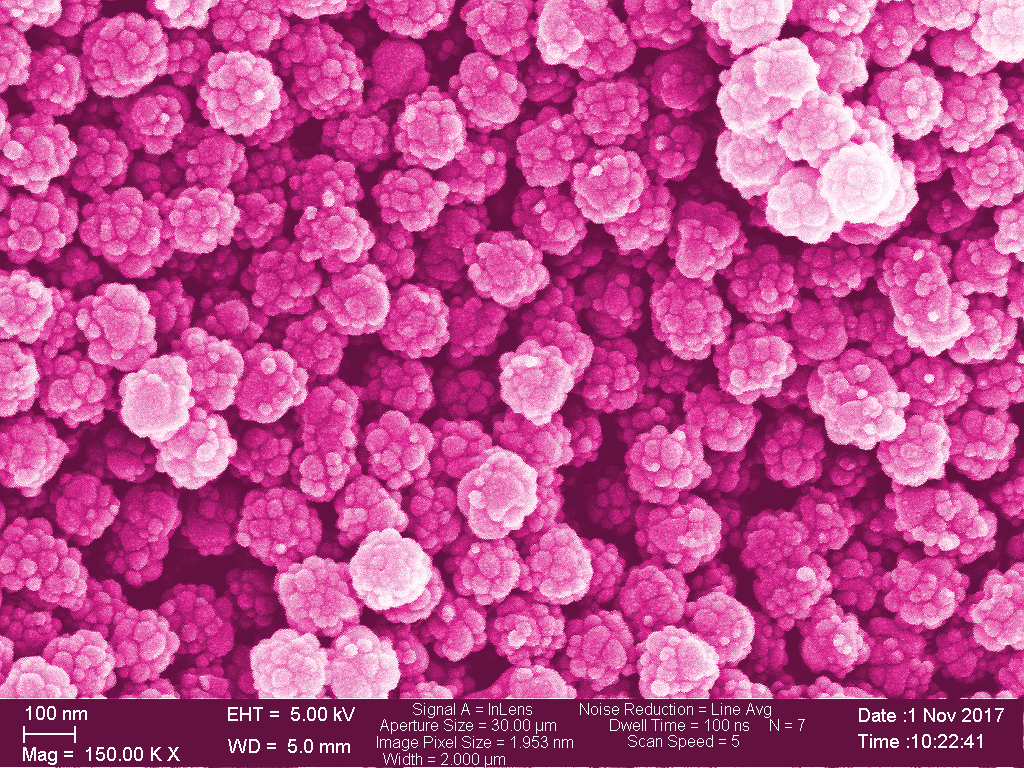
You can find an overview of ongoing debates with our journalists here. Please join us!
If you want to start a conversation about a topic raised in this article or want to report factual errors, email us at english@swissinfo.ch.